Retro Replay Review
Gameplay
The core mechanic of Ray-Hound revolves around mastering your ship’s shield to turn enemy fire into your primary weapon. At first glance, piloting a small ship in a circular, turret-filled arena sounds deceptively simple. However, the moment you activate the shield and deflect an energy ray back to its source, you realize that timing and positioning are everything. The shield can either bounce the shots directly or cause them to orbit around your ship, creating a swirling halo of destruction that adds a delightful layer of tactical depth.
(HEY YOU!! We hope you enjoy! We try not to run ads. So basically, this is a very expensive hobby running this site. Please consider joining us for updates, forums, and more. Network w/ us to make some cash or friends while retro gaming, and you can win some free retro games for posting. Okay, carry on 👍)
Each level introduces new turret patterns and spawning behaviors, keeping you constantly on your toes. Some turrets fire in rapid bursts, demanding split-second reactions, while others time their blasts to force you into tighter rotations. The combination of these patterns means no two skirmishes feel the same. As you progress, the game transitions from straightforward dodge-and-deflect encounters to intricate puzzles where the arenas themselves become tools for ricochet and rebound strategies.
Beyond the standard arena battles, Ray-Hound includes special challenge modes that test your endurance and precision. Endless waves push you to refine your shield timing to the millisecond, and score-based objectives encourage creative ricochet chains. Leaderboards and time trials give competitive players a reason to perfect each stage, offering a satisfying loop of learning, execution, and mastery that keeps the gameplay both fresh and endlessly replayable.
Graphics
Ray-Hound’s visual style is a striking blend of minimalist design and vibrant neon hues. The arenas are crisply outlined, and each turret glows with a distinct color palette that clearly communicates its firing pattern. This clarity is crucial when split-second decisions can mean the difference between survival and destruction. The contrast between dark backgrounds and luminous projectiles ensures that every shot is easily trackable, even when the screen is filled with swirling energy.
The ship itself is rendered with subtle, clean lines that emphasize its agility and speed. When you engage the shield, a radiant ripple effect washes over the vessel, providing immediate visual feedback that lingers just long enough to underscore the power of your defense. Projectile animations are smooth and eye-catching, with trailing effects that not only look impressive but also help you anticipate their trajectories.
Transitions between levels feature brief, stylized camera swoops and simple yet effective particle animations that celebrate each turret’s destruction. While Ray-Hound doesn’t aim for photorealism, its cohesive aesthetic and polished effects create an immersive atmosphere that perfectly complements the high-energy gameplay. The result is a cohesive graphic presentation that feels modern and intentionally designed to support fast-paced action.
Story
Although Ray-Hound places the majority of its focus on gameplay mechanics and arena combat, it weaves a minimalist narrative that adds meaning to each level. You play as a lone pilot sent to reclaim lost energy nodes on a derelict orbital station. Sparse data logs scattered between stages hint at a broader crisis—an experimental power grid gone rogue, forcing you to use the station’s own defenses against itself.
This stripped-down storyline doesn’t attempt to overshadow the core action but instead provides context and motivation. The occasional text snippets and ambient audio cues gradually uncover the station’s tragic history, creating a subtle tension as you progress deeper into its failing systems. It’s a lean narrative approach that rewards attentive players while avoiding the pitfalls of overexplaining or interrupting the flow of intense gameplay.
For those who enjoy collectible lore, Ray-Hound includes hidden terminals in select arenas. Discovering these unlocks short logs from the station’s engineers, shedding light on the experimental technology behind the energy turrets. This optional layer of storytelling offers a satisfying treat for completionists without imposing lengthy cutscenes or dialogue, maintaining the game’s brisk pace and offering narrative depth on your own terms.
Overall Experience
Ray-Hound stands out as a masterclass in elegant game design, turning a single defensive tool into a thrilling offensive strategy. The blend of reactive shield mechanics and strategic turret destruction creates an addictive loop that challenges both reflexes and foresight. Every encounter feels purposeful, rewarding careful observation and split-second decision-making in equal measure.
The game’s audiovisual package—crisp neon graphics, precise animations, and a pulsing electronic soundtrack—immerses you in its high-stakes arenas. Simplicity in presentation never crosses into blandness; instead, it reinforces the clarity and pace that make Ray-Hound so engaging. Whether you’re a speedrunner chasing the top leaderboard spots or a casual player experimenting with fun ricochet shots, you’ll find plenty to love.
Ultimately, Ray-Hound delivers a compact but robust experience that caters to players seeking intense, skill-based challenges. Its approachable controls and escalating difficulty curve provide a welcoming entry point, while its hidden lore and competitive modes offer depth for those who crave replayability. If you’re looking for a tight, action-packed title that combines strategy, precision, and visual flair, Ray-Hound is an excellent choice.
 Retro Replay Retro Replay gaming reviews, news, emulation, geek stuff and more!
Retro Replay Retro Replay gaming reviews, news, emulation, geek stuff and more!
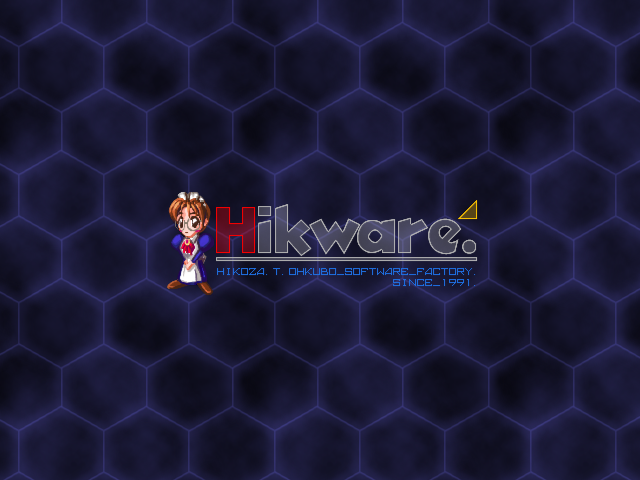
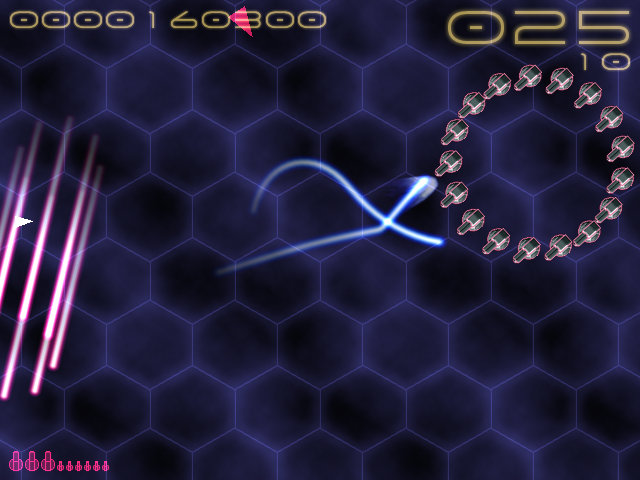
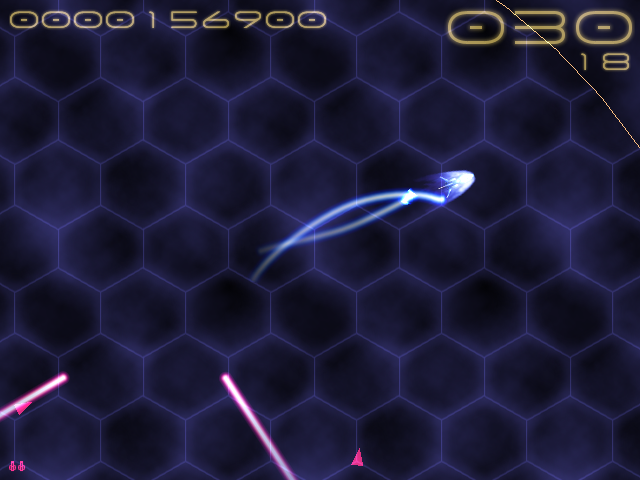
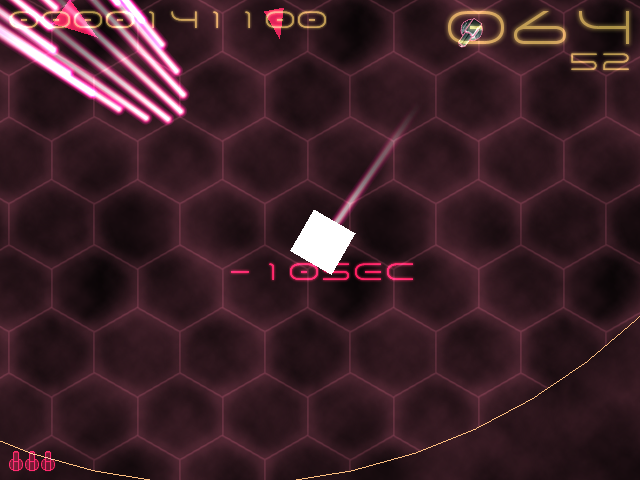
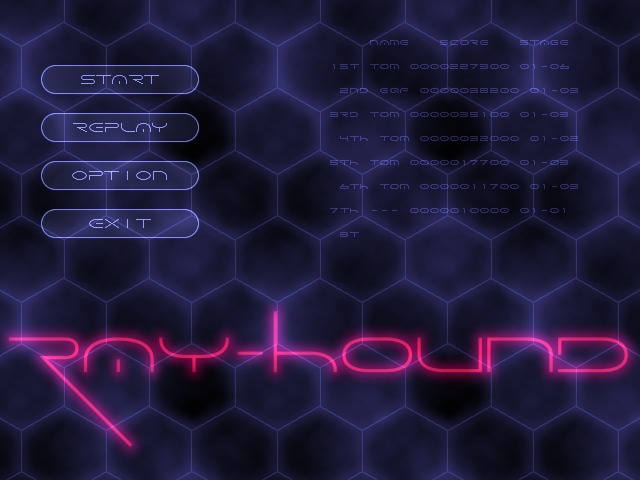



Reviews
There are no reviews yet.